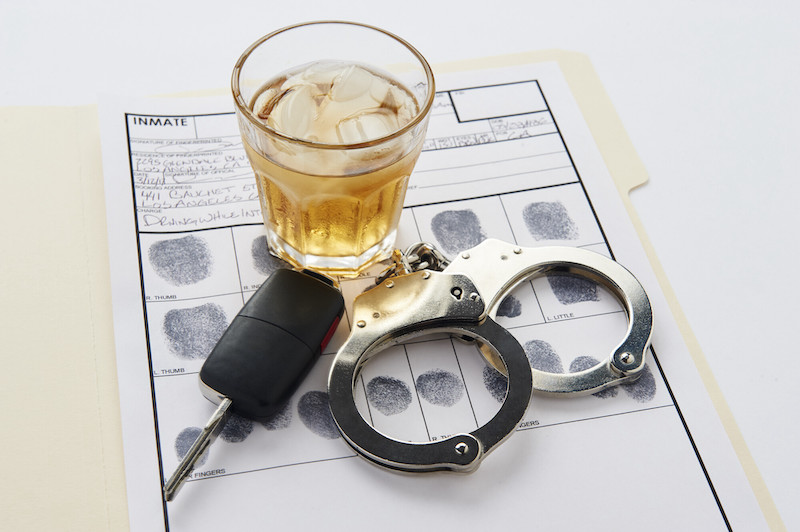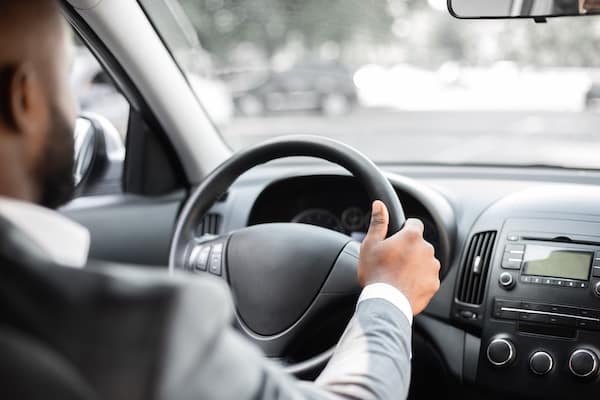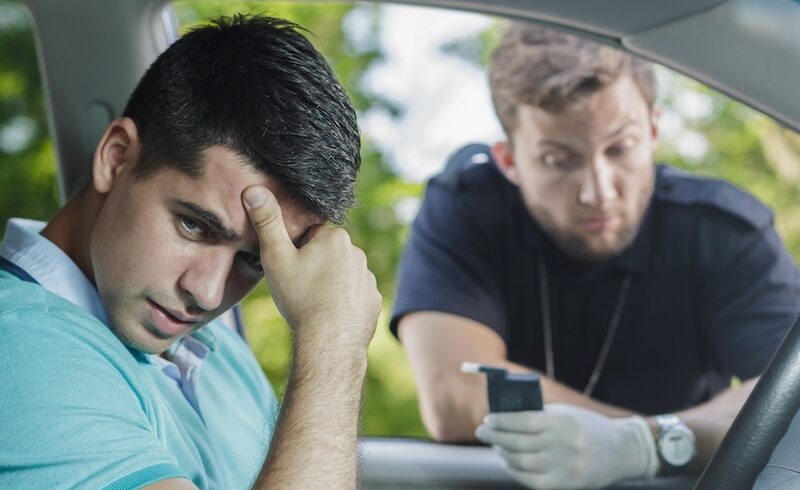
A DUI is no laughing matter. More than 39,000 car crashes occurred in Illinois in 2020.
Drinking while driving significantly increases a person’s risk of being in an accident. That’s why Illinois police officers also made almost 6,000 arrests for DUIs. Just being arrested for a DUI can have serious ramifications; one of them is license suspension.
What exactly is a license suspension? What are the laws that affect suspensions, and what are the consequences of a suspension? What is the best DUI license suspension advice that a person should follow?
Answer these questions and you can avoid losing your license. Here is your quick DUI license suspension guide.
The Basics of a License Suspension
Driving is a privilege, not a right. An Illinois license suspension occurs when a driver’s privilege is revoked following one or more legal violations. A DUI license suspension is temporary, although it can last for several months or a year or longer.
A revocation is a permanent loss of driving privileges. It is a rare action, reserved mainly for repeat offenders.
Most license suspensions occur following a DUI. Yet failing to pay traffic tickets or refusing to take a breathalyzer test can result in a suspension.
Each state has its own laws for license suspensions. Some states suspend licenses after one DUI while others will suspend repeat offenders only.
Though each state has its own rules, each state respects one another’s decisions. If someone loses their license in Illinois, they cannot drive anywhere else in the United States.
Laws
Within Illinois, anyone who receives a DUI charge automatically receives a license suspension. They have 45 days to use their license before the suspension goes into effect.
It can last from six months up to three years depending on the circumstances of the arrest. Someone who refuses a breathalyzer test loses their license for 12 months up to 36 months.
There are also other offenses that lead to mandatory suspensions. Reckless homicide with a vehicle and leaving the scene of an accident that resulted in an injury are two of them. A person may lose their license for up to 12 months in either case.
Someone who receives three convictions, which include speeding, reckless driving, and texting while driving, within a 12-month period automatically face a suspension. The more serious the offenses, the longer the suspension.
On July 1, 2021, the SAFE-T Act went into effect which ended license suspensions for unpaid traffic, speed camera, and parking tickets. However, someone can still lose their license if they do not make child support payments on time.
Consequences
Driving on a suspended license is a criminal offense that carries a minimum prison sentence of 10 days. The court may extend the suspension period, and repeat offenders may receive a permanent revocation.
Even first-offenders who don’t drive on a suspended license face significant consequences. Employers are less likely to offer people jobs if they have suspended licenses and loan companies may not extend loans to people with suspensions.
The consequences don’t end once someone gets their license back. These individuals may face higher car insurance premiums.
Legal Options
No one is completely helpless after they lose their license. Anyone who is suspected of a DUI should contact an Illinois DUI lawyer and invoke their right to silence as well as refuse their consent to searches.
A lawyer can help them apply for a hardship license which allows someone to drive while their main license is suspended. The Secretary of State may restrict a driver to certain hours, however.
Very few people do end up receiving hardship licenses and they must show that they need to drive in order to tend to essential activities. Someone who cares for a child or a person with disabilities can apply for one for example.
A driver can also request an appeal hearing. A hearing is required if someone wants a hardship license or needs to appeal their suspension. A hearing officer has the power to overturn or reduce the suspension.
Criminal convictions can be appealed as well. Appeals are an option if the sentence was unfair and involve an excessively long license suspension. It is rare for a driver convicted of a DUI to win on appeal, however.
Once the suspension period is up, a person can start the process for license reinstatement. They must show that they have had no driving violations and they must pass a driving exam. It takes time to undergo the process, but someone can receive a full license afterward.
DUI License Suspension Tips
Believe it or not, it is possible to live without a driver’s license. Someone should try to use public transportation whenever possible as using buses and trains may be more affordable than driving and maintaining a car.
Walking, as we all know, is good for traveling short distances. If someone needs to go even further, riding their bike is another option.
Uber and ride-sharing services are available throughout the state, including in rural areas and when no one is willing to share a ride, a person can ask a family member for help.
A person does not have to tell other people that they have a suspended license. They can say that their car broke down or they are trying to save money by using public transportation.
If the topic comes up, they should own it. Lying to an employer can result in them getting fired and lying to a friend can make them upset.
Anyone convicted of a DUI should stay away from drugs and alcohol. Pursuing a drug treatment program can boost someone’s credibility as they undergo the reinstatement process.
What You Should Know About Illinois License Suspensions
Again, a license suspension is a temporary revocation of a license but the suspension can last for years, even if a driver committed only a few traffic violations.
Suspensions can result in job applications being rejected and insurance premiums being raised. Anyone who receives a suspension should appeal and fight for a hardship license.
Living without a license is manageable. Someone should use public transportation and ride-sharing services and pursue a drug-free life.
Don’t let the law strip you of your rights. John M. Quinn & Associates, Ltd. serves the Roselle area. Contact us today.


